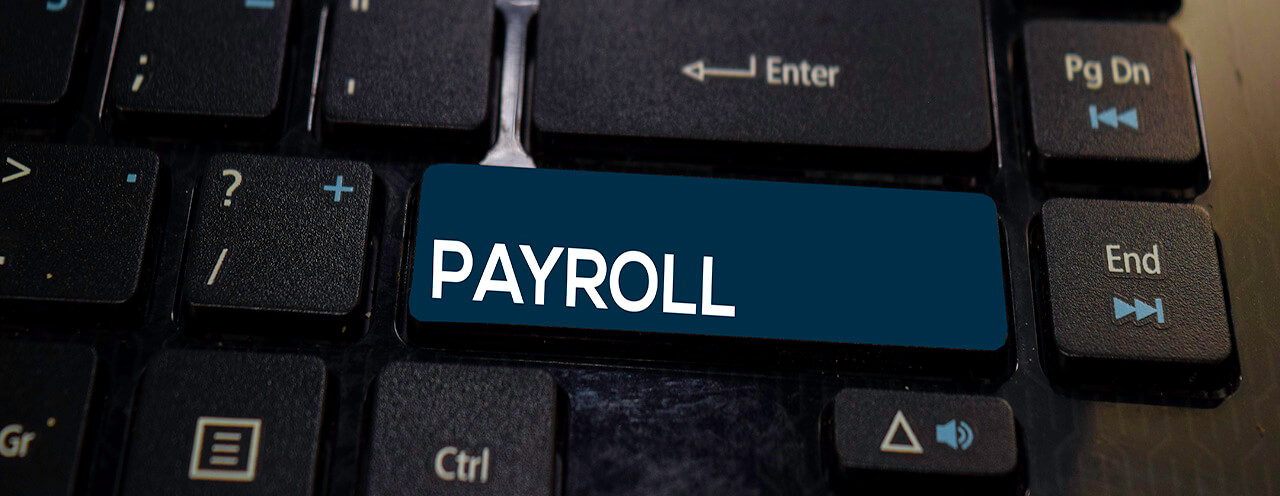In June, the IRS announced (Notice
2020-51 (PDF)) that anyone who has already taken a required minimum distribution (RMD) at any point in 2020 can roll those funds back into a retirement account following the CARES Act RMD waiver for 2020.
Deadline Approaching to Roll Back Required Minimum Distributions








